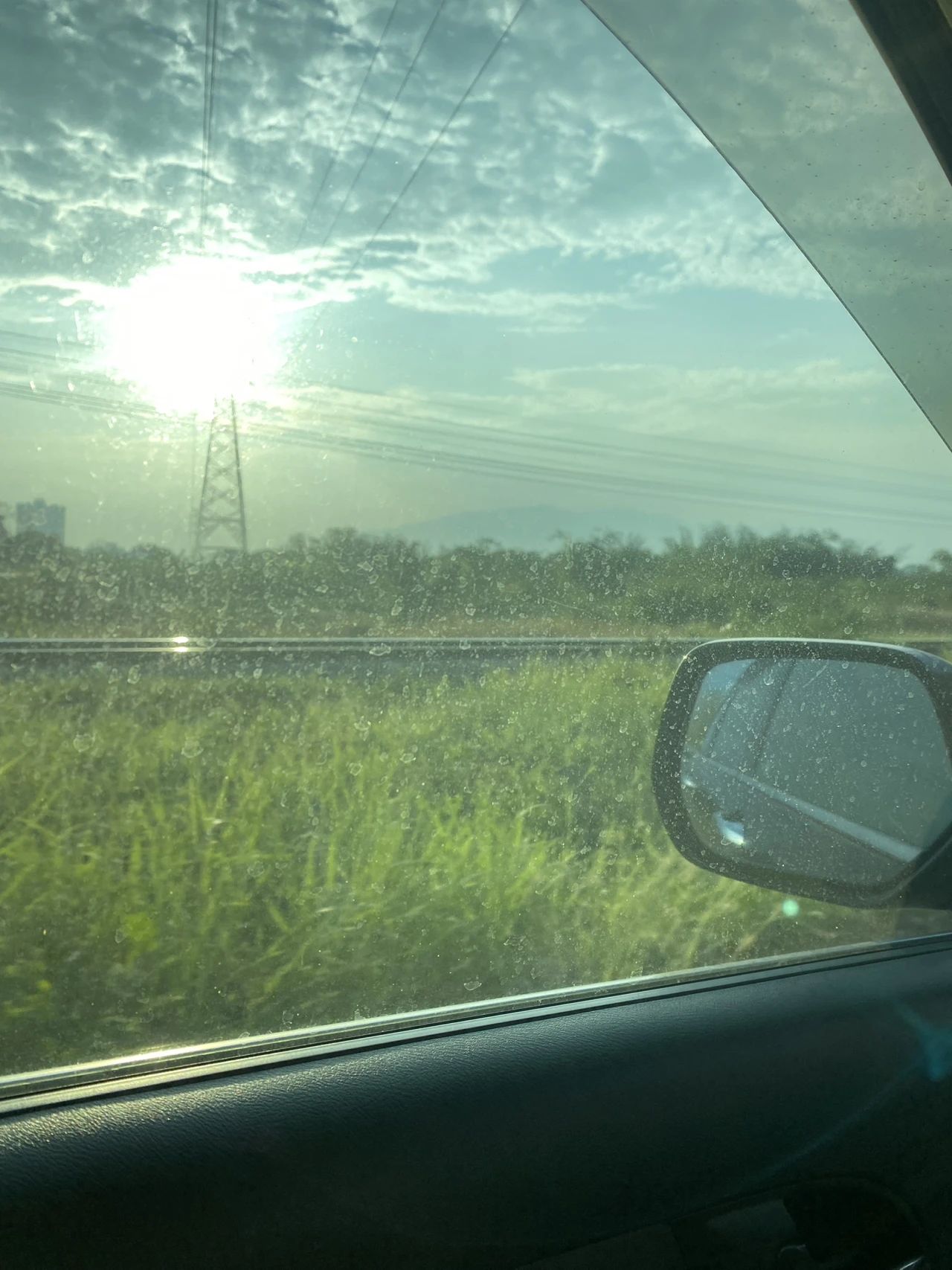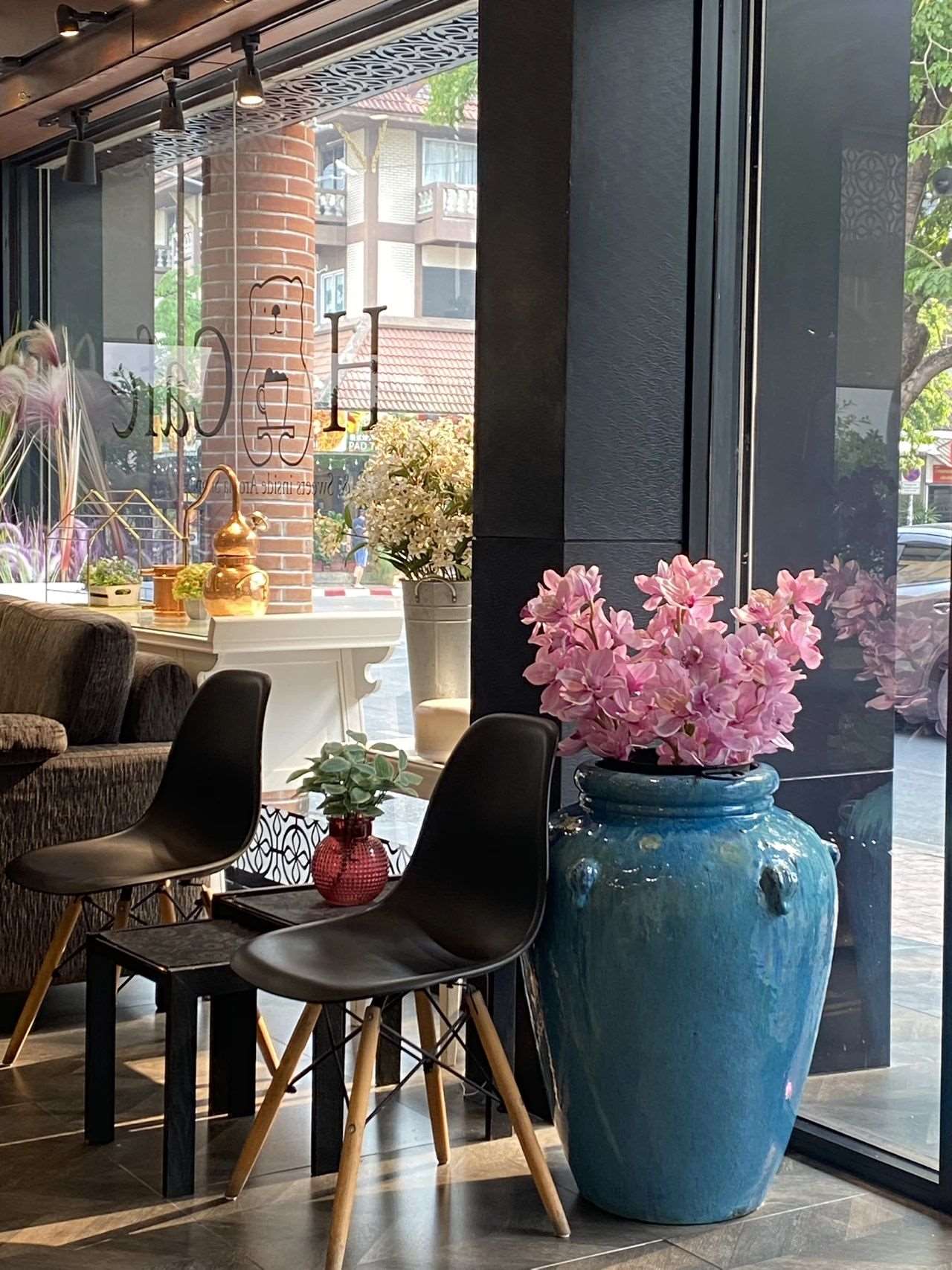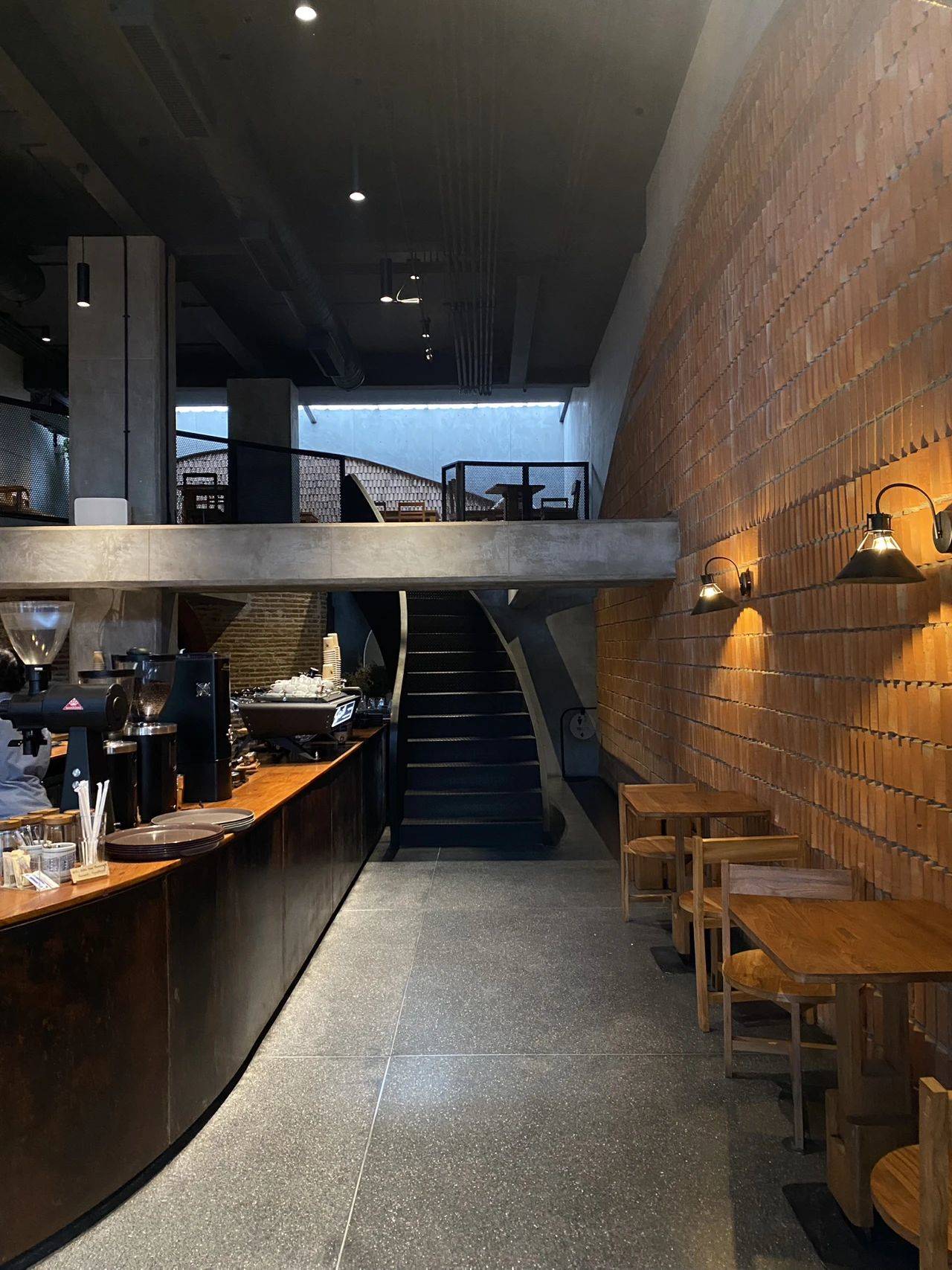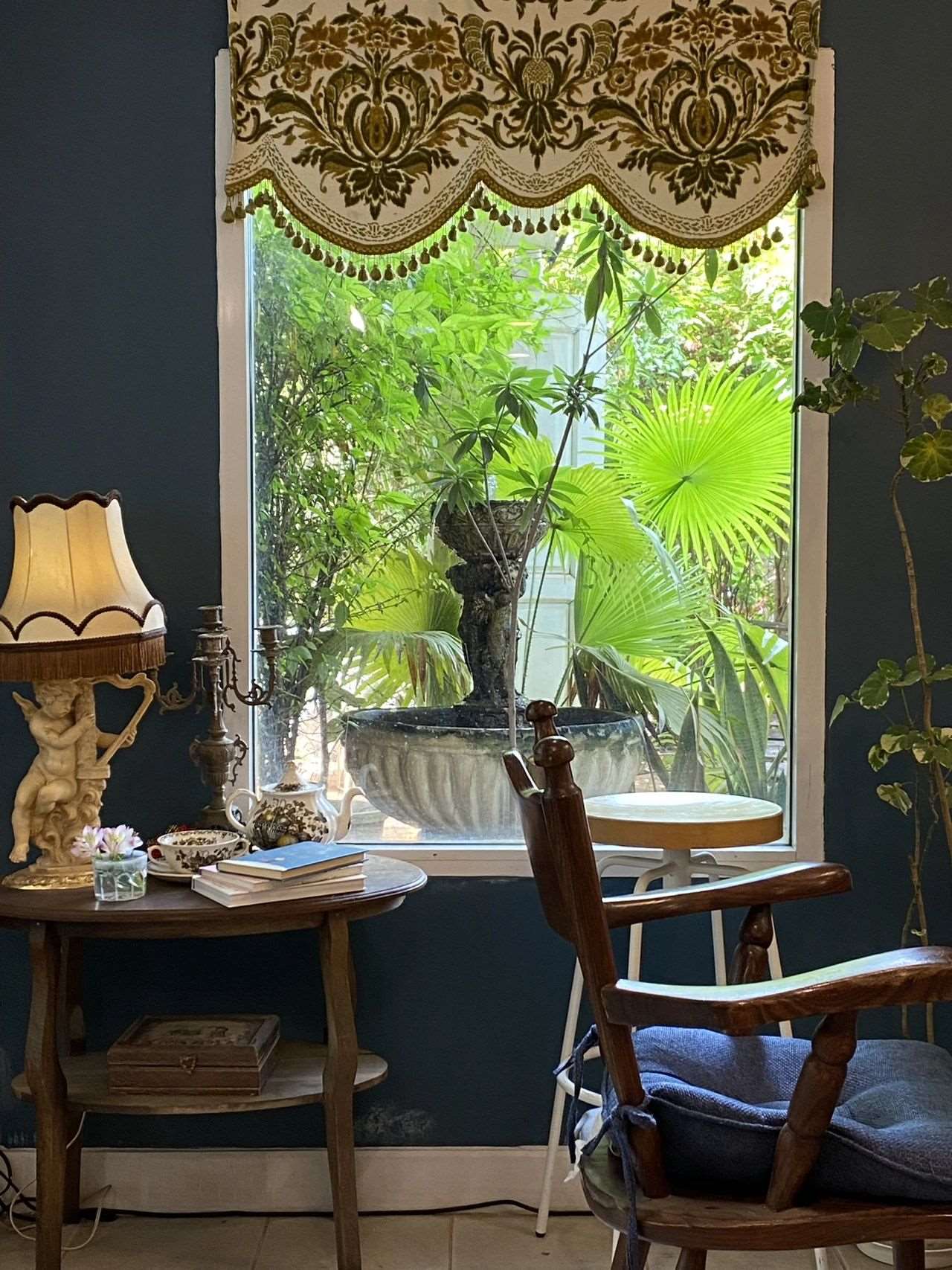If the heart has no place to rest, wandering is inevitable no matter where you go.
Author: Chiang Mai TIMES
Having lived in Chiang Mai for so many years, I have witnessed enough ups and downs of this small city, such as the overcrowded cafes in 2018 and the numerous restaurant closures in 2020 due to lack of interest…
Today, I came across an article by a Western blogger on Facebook that resonated with me. I intend to discuss the theme he mentioned: "Chiang Mai is losing a large number of digital nomads."
The Loss of Digital Nomads in Chiang Mai: Ideals and Realities Behind Low-Cost Living
The blogger's article received many enthusiastic comments on Facebook. TIMES believes it truly expresses the sentiments of a group of people—those who have lived in Chiang Mai for a few years and ultimately chose to leave.

In his article, the blogger wrote that when he first arrived in Chiang Mai, he felt he had found the place he longed for, the place all digital nomads are searching for—affordable rent, ubiquitous smoothies, and fast Wi-Fi workspaces. Even with a full-time job, Chiang Mai gives you a sense of semi-retirement.
He continued, "For a while, that was indeed the case; in fact, it was even better."
In the mornings, he could stroll through the alleys of the old city, sip coffee in quiet cafes, listen to monks chanting at temples, and see temples still shrouded in the dawn light. He could hear people with five different accents in the co-working space, like a German developing an app, a Brazilian trading cryptocurrency, and an Australian editing a blog…
At that moment, the air seemed to be filled with a shared ambition, as everyone silently fought for their own sense of "freedom."

However, things began to change, and this change was not unique to the blogger.
After chatting over coffee with some long-term residents of Chiang Mai, he heard a saying—Chiang Mai is losing a large number of digital nomads, and the reasons are not what most people think.
When people hear "Chiang Mai is losing a large number of digital nomads," they easily attribute it to an objective reason: the severe air pollution in recent years has scared many away.
But for this blogger, he believes that air pollution is not the main reason for the loss of digital nomads in Chiang Mai, which I agree with.
He thinks that if you are just starting remote work, beginning life abroad, and pursuing freedom, then Chiang Mai is a place that allows you to land easily. It is gentle, affordable, full of exploration, and highly inclusive; initially, it can fulfill many fantasies of beginner freelancers.
But ultimately, those factors that make Chiang Mai seem "perfect" can gradually become its constraints. It feels like a classic case of "success and failure stem from the same source."
The blogger explained that conversations in cafes began to repeat the same stories, with everything merely a different cast running the same script.
Some digital nomads began to fall into an unspoken cycle—neither investing in work, nor in themselves, nor in the country they are in; everything remained superficial.

Thus, the blogger started to notice how isolated he felt. Although he was in Thailand, he realized he knew very little about the local culture. Of course, he had attended some local festivals, tried street food, and learned a bit of Thai, but he still hadn’t integrated.
He believes, "Most of us really have not integrated at all."
This is the sorrow of foreigners in Thailand. You can live in Thailand for many years, yet still float like a water lily, unable to truly take root and integrate.
Moreover, the city of Chiang Mai itself is slowly developing; rents have started to rise, cafes have become more glamorous, yet for some reason, business has become quieter, and obtaining visas has become more difficult. Some friends he knows have started to move away from Chiang Mai.
Unknowingly, Chiang Mai has become more than just a place; it has become a brand. It exudes the atmosphere of a remote working lifestyle for freelancers, yet the MacBook on the table has turned into a performance, and performances always require masks.

The blogger stated that Chiang Mai has given him so much. Here, his work motivation has increased; here, he learned to budget; and here, he faced an unprecedented loneliness—
Having everything he thought he wanted, yet still feeling like something was lost.
In summary, he believes that those who leave Chiang Mai will resonate with this sentiment.
As someone who arrived in Chiang Mai early and is a half digital nomad, I not only agree with the blogger's views but also want to commend his keen observation and excellent expression.
Coincidentally, just a couple of days ago, I discussed this topic with a British friend on our way home from dinner. Both of us have lived in Chiang Mai for over 10 years, and we talked about the downsides of Thailand. Comparing it to the policies in the UK, if a foreigner like him had lived in that country for 10 years, he would have long been able to obtain local permanent residency or citizenship.
But what is the situation in Thailand? Even if he buys a house and has a long-term visa, he still remains an outsider. Not to mention the 90-day immigration check-ins, even traveling to southern islands for a week or two without a passport but only a pink card can be problematic. (Because some hotels only recognize foreign passports and do not trust local-issued driver's licenses or ID cards.)
Thailand's policy of "not easily accepting foreigners" creates a sense of alienation. "I no longer seek integration or a sense of belonging; I just hope they can make my life simpler and not create more complicated policies," my friend said helplessly.

In the comments section, a reader's comment also resonated with other netizens. He summarized the blogger's article with the following comment:
"If you read the article, you will know it has nothing to do with air quality; it is more like a state of mind, feeling tired of the monotony of life. When everything becomes normal, there is no excitement left. It is time to leave and find another place to stay for a while. In my view, digital nomads are people who roam around and do not stay in one place for many years. If you settle down, the nomadic life ends, so this is a normal process."
At this moment, I suddenly thought of a term—"inner demons." And that famous saying—"If the heart has no place to rest, wandering is inevitable."
I agree that Chiang Mai is losing a large number of digital nomads; air pollution has accelerated their departure, but the core reason for their complete departure is still the "inner demons" themselves, rather than the city's fault.
I hope each of us can find that place of peace and security, not just a temporary refuge.
免责声明:本文章仅代表作者个人观点,不代表本平台的立场和观点。本文章仅供信息分享,不构成对任何人的任何投资建议。用户与作者之间的任何争议,与本平台无关。如网页中刊载的文章或图片涉及侵权,请提供相关的权利证明和身份证明发送邮件到support@aicoin.com,本平台相关工作人员将会进行核查。



